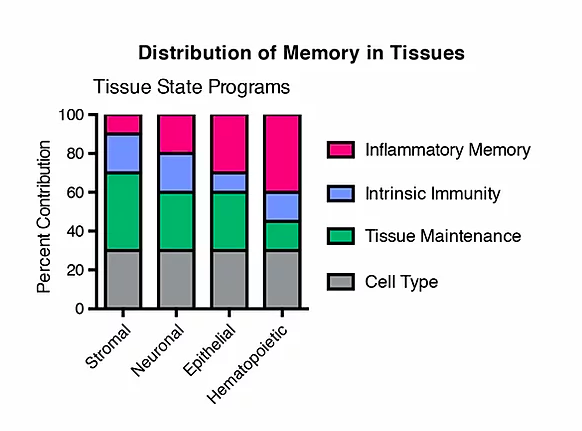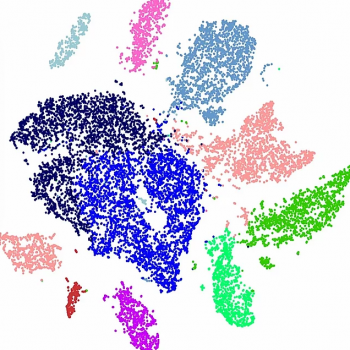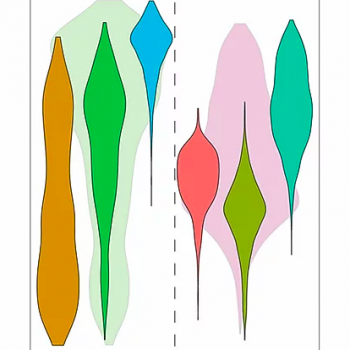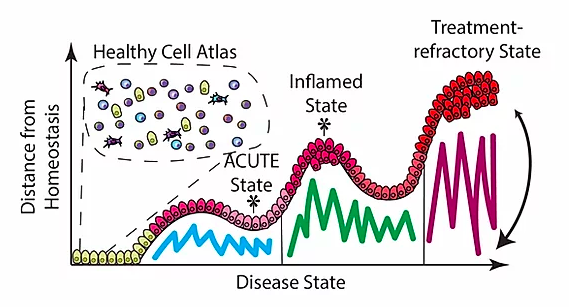Research
Approach
Conceptually, for a barrier tissue to effectively learn from previous immunological experiences, it must sense, adapt, and store this information (i.e. memory) in readily accessible permanent resident cell types. We are interested in exploring how memories of previous immune events (i.e. inflammatory memory) enables barrier tissues (airway, intestine, and skin) to recall diverse environmental exposures, informing future responses. We are particularly interested in further understanding our discovery that epithelial stem cells, amongst other parenchymal, stromal, neuronal, and immune cell subsets, can form inflammatory memory, raising the possibility of distributed memory formation.
Technically, we utilize single-cell RNA-sequencing (scRNA-seq), organoid models, epigenetic profiling, flow cytometry, and microscopy applied to human health and disease. We then build testable models to explore with humans (organoids, treatment response vs. failure) or with mice (genetics, optogenetics, cellular immunology), towards the aim of improving disease understanding and treatment.

Our current research
Human immunology

We begin by generating maps of tissues using single-cell RNA-sequencing and epigenomic approaches to understand the cell types, subsets, and states which constitute a tissue. We are particularly motivated to apply these techniques to human inflammatory diseases at barrier tissues. Ongoing work focuses on allergic inflammation in the upper airway (chronic rhinosinusitis), as well as inflammatory bowel diseases in the intestine (Crohn's disease and ulcerative colitis). By studying these maps, we are generating new insights into the cellular basis of inflammatory diseases, and building new in vitro and in vivo models to experimentally test our findings.
Tissue stem cells
Enabled by directed inquiries into human epithelial cell types, subsets, and states, our work has suggested that cell types beyond tissue-resident lymphocytes may adapt and harbor memories of inflammation. In light of these findings, we are exploring how epithelial stem cells in barrier tissues integrate inflammatory cues, and contribute to the persistence of human diseases. Our first-in-human discovery of inflammation dictating epithelial stem cell fates has fundamental implications for our conceptual and clinical understanding of inflammatory diseases. We are leveraging stem cell and organoid models to explore the molecular basis of our findings, including intersections with classical developmental biology.

Tissue biology

